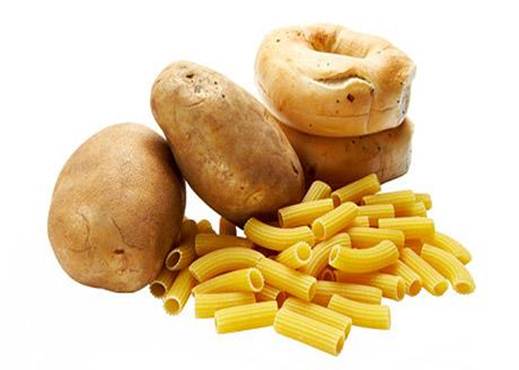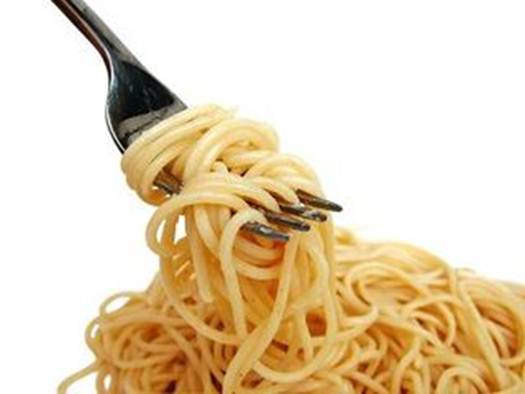Science suggests carbohydrates could be more
addictive than hard drugs. Could you go without your fix? And what is it really
doing to your body? We investigate…
It’s 10am on a Wednesday. I watch a queue
of people – among them a mother and two teenage girls – shuffle towards their
dealer. Once they’ve scored, they dash to the nearest table to get their fix in
full view, eyes averted. It’s all over in a matter of minutes, but they’ll soon
be back for more. This, mind you, is not seedy den. It’s a gleaming operation,
an outlet of one of the country’s best-loved chain café.

And the junkies are people just like you.
They’re grabbing their early morning hit of what turns out to be one of the
biggest habit-forming, health-sapping substances on the open market: carbs,
crusty, chocolate-filled croissants, fluffy white rolls…
The fact about your fix
Released last year, research from Yale
University suggests that sugars and starches (which convert to sugar in the
blood) affect the brain in much the same way as Class A drugs. When
participants saw so much as an image of a chocolate milkshake, the addictive
areas of their brains lit up like a neon sign. “Many of the same brain regions
and responses implicated in heroin, cocaine and nicotine [-addiction] are
present in problematic eating,” explains Ashley Gearhardt, the leader of the
study.
It doesn’t stop at visual cues. When
participants wolfed down a mouthful of carby goodness, brain scans revealed an
instant craving for more. It’s no wonder then that for so many, not reaching
for the doughnut barely registers as a choice. Nor that obesity,
insulin-resistance and type II diabetes, for example, have risen steeply since
“hyperpalatable” foods – those unfairly tasty quick-fixed – became standard in
our diets.
In an abut-turn recently, respected sports
science expert Professor Tim Noakes has also come down heavily on carbs and its
related diseases. He has lost 15kg since adopting a new diet a year ago, and
his meals are now high in protein and fat. This was after decades of advocating
the benefits of “carbo-loading”.

This
was after decades of advocating the benefits of “carbo-loading”.
The carb-drug comparison isn’t new, points
out Mbombela dietitian Manfred Cyril Hlatshwayo. “We’ve long known carbs give
us a rush by raising the amount of sugar in our blood. After a sharp spike,
blood-sugar levels come crashing down, which leads to cravings.” Even this
traces roughly the same biochemical cycle set in motion by hard drugs.
Yet received wisdom still holds that we
give in to “naughty” foods because our willpower is weak. Now, Gearhardt and
others in her field are showing that sugar and carbs don’t just cause craving;
they sidestep our defenses against overeating.
It’s still a controversial notion, Joburg
dietitian Tabitha Hume isn’t convinced: “Although it feels like a ‘food
addiction’, the overwhelming need for food is not an addiction but a natural
physical response to depression [which makes us crave quick-releasing carbs to
boost serotonin levels] and/or unnatural energy restriction[the well-documented
‘yo-yo effect’],”
Cape Town dietitian Lila Bruk is doubtful
for different reasons. “As soon as you say you’re ‘addicted’ to a food, it
becomes much harder to resist it.” Gearhardt herself admits: “It’s difficult to
tease apart the physical and psychological components of craving because
they’re so intertwined.”